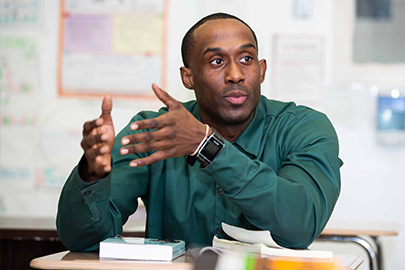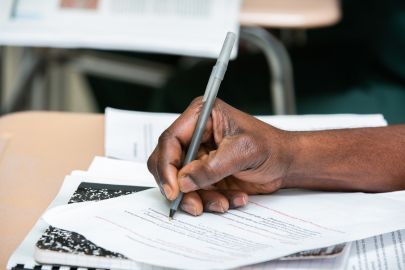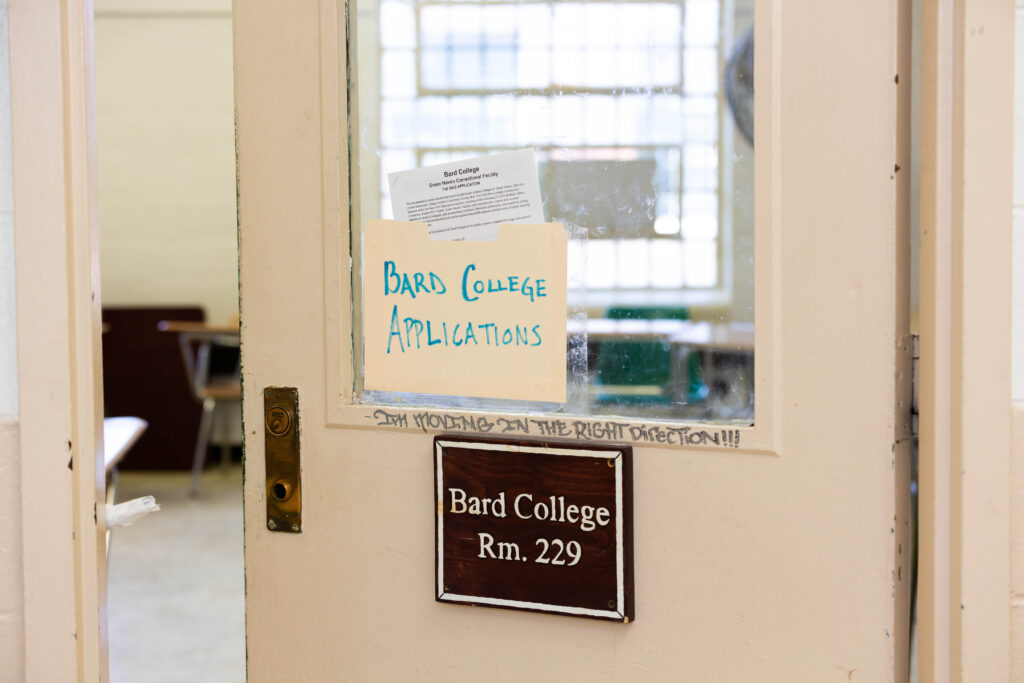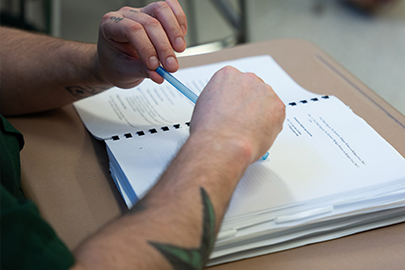I gave a talk today to a group of college students, mostly about campaign finance reform. Over the past few years, I’ve done that three or four times a year, and I love doing it — every time I wonder why I didn’t become an academic. (I know why, but that’s another story.) Talking about campaign finance reform is not my favorite thing, however. In my experience, most college students and even law students don’t seem to have enough background to put the issue in context, and they view it as a set of technicalities that most politicians will evade anyway. Most have never voted and certainly not given money to a politician (unless their wealthy parents put their name on a check), so it’s just not an issue that’s interesting to them.
But today’s talk was the complete opposite. These 12 or so students were totally knowledgeable about the issues. They’d read two long essays that I’d written on the subject — thoroughly, quoting passages back to me and challenging my assumptions — along with all kinds of other materials, like a George Will column attacking campaign finance reform, and proposals to change the New York City public financing system. Every single student asked at least one question, most of which were profound and difficult to answer. One student, for example, asked me whether my apparent belief that the United States should be an inclusive society that encouraged broad participation and a sense of mutual obligation stemmed from my own religious beliefs, and, if not, then from what source did I derive that moral certainty? Another, in the course of asking a question about free broadcast time for political candidates made as good a case for requiring broadcasters to meet a set of public obligations as I’ve ever heard. I don’t really mean to single those two out, because every question was based on serious thinking about American history, democratic theory, and current events.
This class was at the Eastern Correctional Facility in upstate New York. It’s a maximum security prison, and the students are enrolled in the Bard Prison Initiative (scroll down for info), the only full liberal arts program in the New York state prison system. The students get Bard College credits, at no cost, for their work in these very serious classes, many of which are taught by senior faculty of the college.
It’s worth noting, in light of what I said about college students above, that these students cannot vote, and in many states, they would be prohibited for life from exercising their rights as citizens of a democracy.



